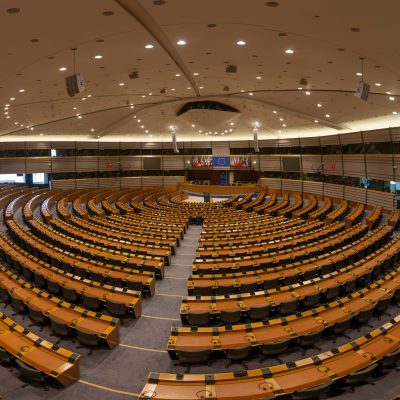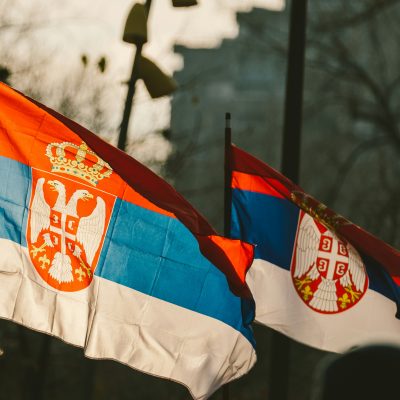How would the EU accession procedure really improve?

Following its veto of the opening of accession talks with North Macedonia and Albania in October 2019, the French government circulated a non-paper proposing an overhaul of the EU accession procedure. Partly responding to sharp criticism from other Member States on the French No, the document outlined a comprehensive reform based on a reinforced “carrot & stick” approach. In response, nine EU Member States led by Italy, Poland, Austria and Slovenia shared their own vision of a reformed accession process in December 2019, less ambitious in terms of scope and retaining more flexibility. Drawing on these reform options, the European Commission designed its own reform plan for the EU accession talks, integrating elements from both non-papers.
Ahead of the European Council (26.-27.03.2020) and the EU-Western Balkans Summit in Zagreb (05.-07.05.2020), the EU Member States now need to find a compromise among these different reform proposals that can, on the one hand, allow the French government to rethink its veto and, on the other hand, provide a renewed impetus for the EU integration of the Western Balkans. If the EU wants to be a credible partner for the countries of the Western Balkans and give pro-European parties a chance in upcoming elections (North Macedonia votes in mid-April), it has to rapidly find a consensus on the reform of the accession procedure and show unanimous support for further integration efforts.
This policy brief looks at the three different reform proposals for the EU accession procedure in more detail. It provides a comparison of the key elements of each reform option and discusses expected improvements as well as potential problems for the accession process. Based on this analysis, the policy brief will also highlight a number of (possibly unintended) broader consequences of the individual reform directions, such as the risk for candidate countries to get stuck in half-in/half-out EU membership limbo.
Building on this assessment, the policy brief argues that the Commission proposal is a sensible compromise between the French and nine-country approaches. It is ambitious enough to be considered a ‘real’ reform while not unduly changing the existing logic of the accession procedure. The Commission’s reform approach should thus be taken as the basis for negotiations among the EU Member States ahead of the consequential Council Meeting of March 2020.




